CERTIFICATES
As Calik Denim, we are passionate to provide a credible assurance to our customers, ensuring that all our production processes are certified under the below-stated standards:


As Calik Denim, we are passionate to provide a credible assurance to our customers, ensuring that all our production processes are certified under the below-stated standards:
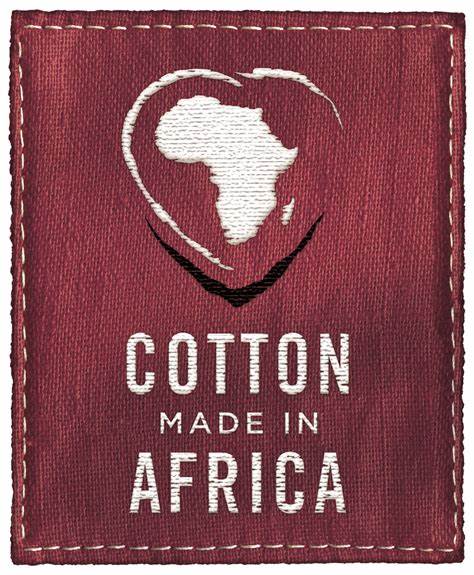
One of the world’s leading standards for sustainably produced cotton is Cotton made in Africa which is an initiative carried out by Aid by Trade Foundation. In addition to protecting environment, the aim of the initiative is to help people help themselves, via trade rather than donations. By this way, conditions for life and work of smallholder farmers in Africa are expected to be improved. Cotton made in Africa works with broad network in cotton-growing countries, including many partners in textile value chain, also both governmental & non-governmental organizations, to guarantee the execution of the standard and the correct processing of certified raw materials throughout the world.
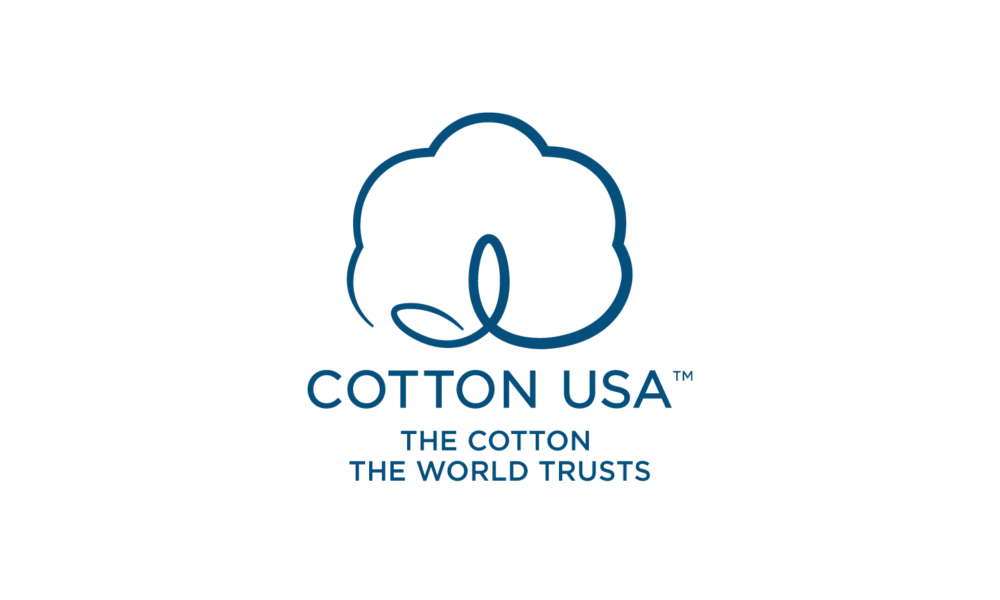
Family farmers who are committed to working their lands in a sustainable way and leaving them better for the world are included in COTTON USA. Innovative harvesting and ginning technology at COTTON USA leads to higher-quality cotton. A commitment to unparalleled transparent partnership is a part of COTTON USA as well.

The Trust Protocol is aligned with the U.N. Sustainable Development Goals and it brings quantifiable and verifiable targets and measurement to more sustainable cotton production while driving ongoing improvement in six key sustainability criterias which are soil carbon, land use, water management,
soil loss, energy efficiency and greenhouse gas emissions.
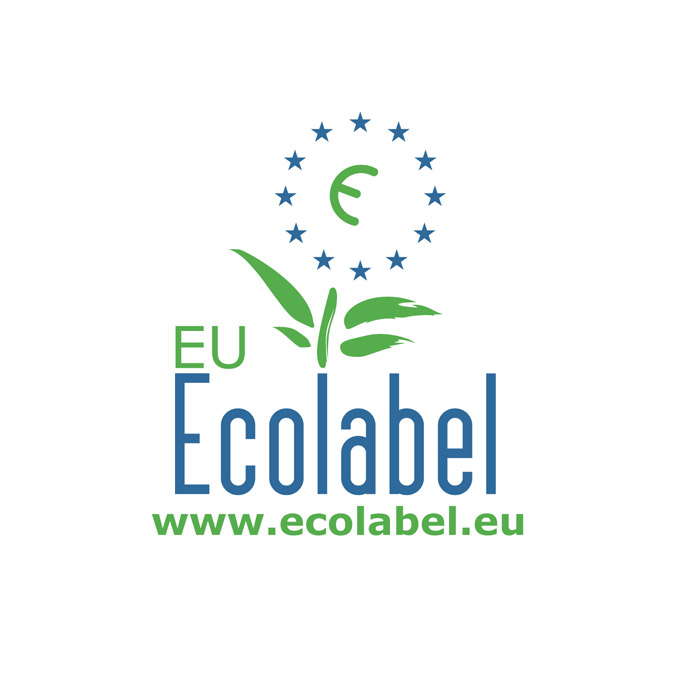
EU Ecolabel, acknowledged across Europe and worldwide, aims to support products and services with reduced environmental impact. It is the label of environmental excellence that is issued to products and services achieving high environmental standards throughout their life-cycle: starting from raw material extraction, including production till distribution and disposal. The criteria of EU Ecolabel was developed by concentrating on the phases where a product has the highest environmental impact. This phase changes from a product to another. With this aspect, the experts aim to reduce the harm given to the environment as much as possible. To promote circular economy, EU Ecolabel encourages companies to create less CO2 and waste while production and helps European consumers to detect more environmentally friendly and healthy products and services. Currently, EU Ecolabel criteria is available for 25 different product groups and only the products which belong to these groups can be awarded with the label.
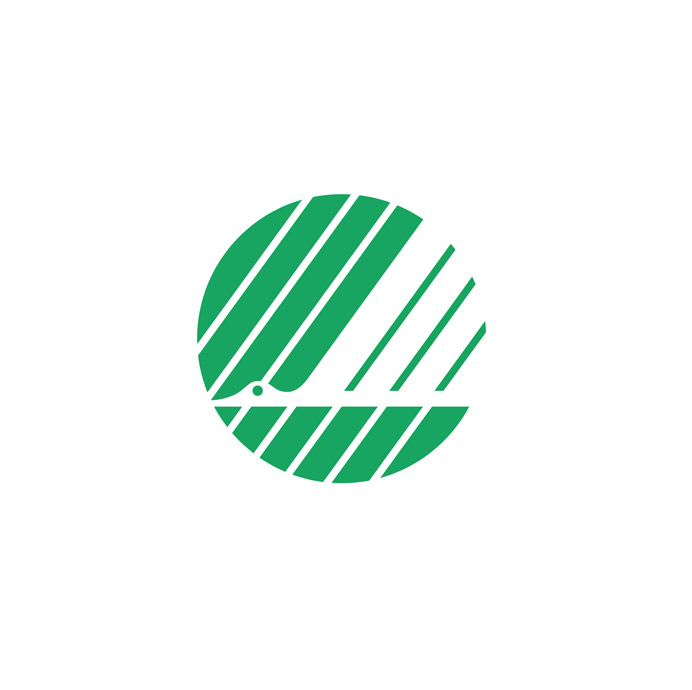
Nordic Swan Ecolabelled textiles have to comply with a range of environmental, health and quality requirements. The fiber production as well as the use of chemicals during manufacturing are core issues for the criteria. By both limiting values and prohibiting some substances that are harmful to health and the environment, the requirements for chemical usage is identified. Thus, the criteria focuses on decreasing the environmental impact of the manufacturing while taking the health of both workers and consumers into consideration. Nordic Swan Ecolabel also evaluates the quality of the textiles by considering some factors such as colour fastness and shrinkage. The weight of the cotton used in the production of ecolabelled textiles has to be composed of minimum 10% cotton that was organically farmed or farmed during a transition to organic farming.
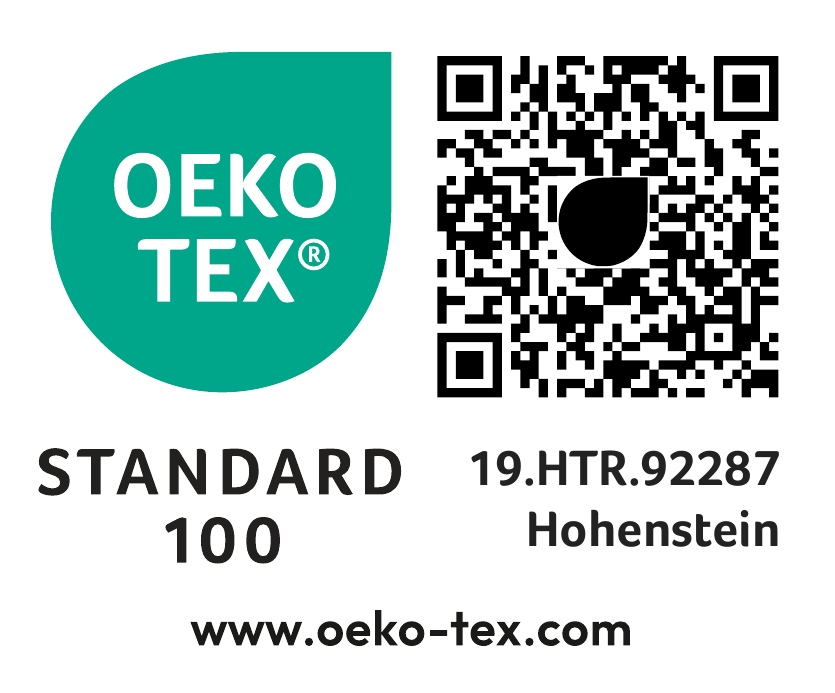
It is an internationally recognized product safety certificate that verifies textile products do not contain harmful chemicals and are safe for human health. The product itself is tested.
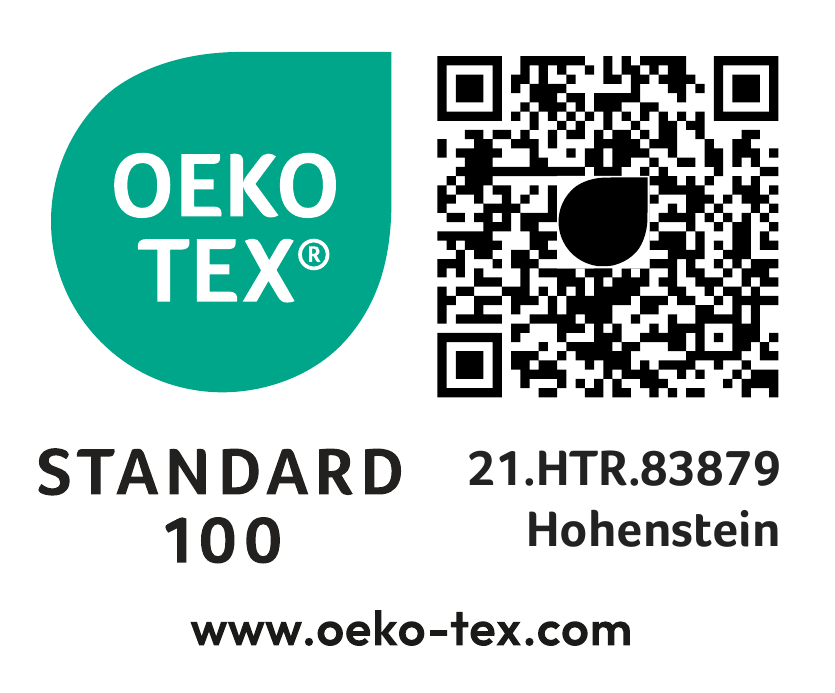
It is an OEKO-TEX product safety certificate proving that recycled-content yarns have successfully passed harmful substance tests.
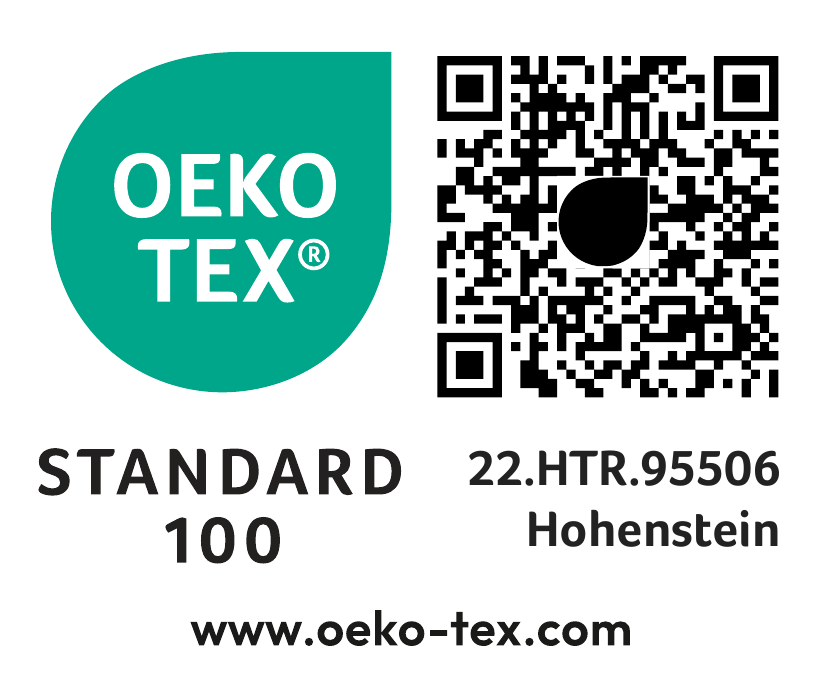
It is a product-based safety certificate showing that recycled-content fabrics are free from harmful substances and safe for human use.
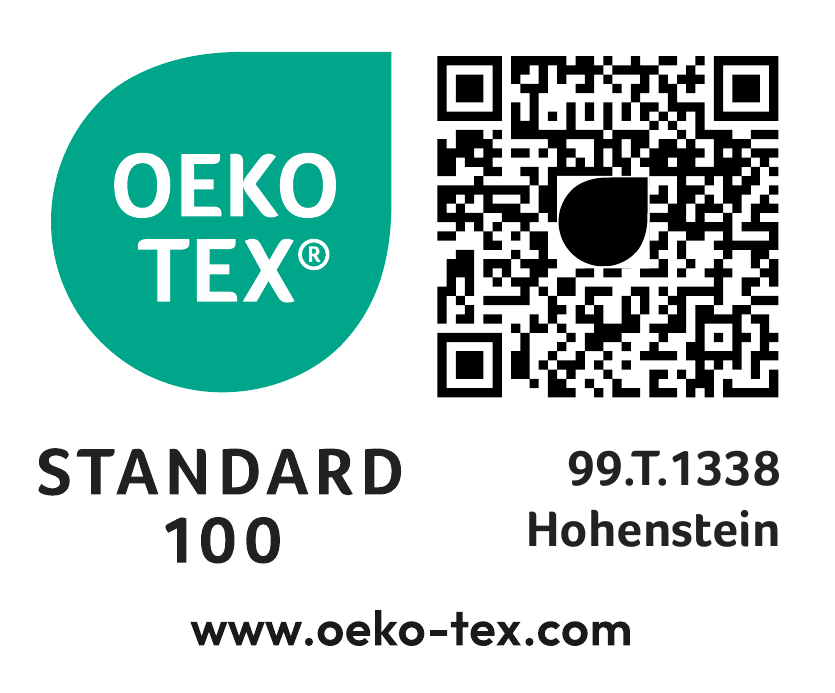
It is a facility-level certificate demonstrating that the factory meets criteria for sustainable production, chemical management, environmental performance, and social compliance. It certifies the facility, not the product.
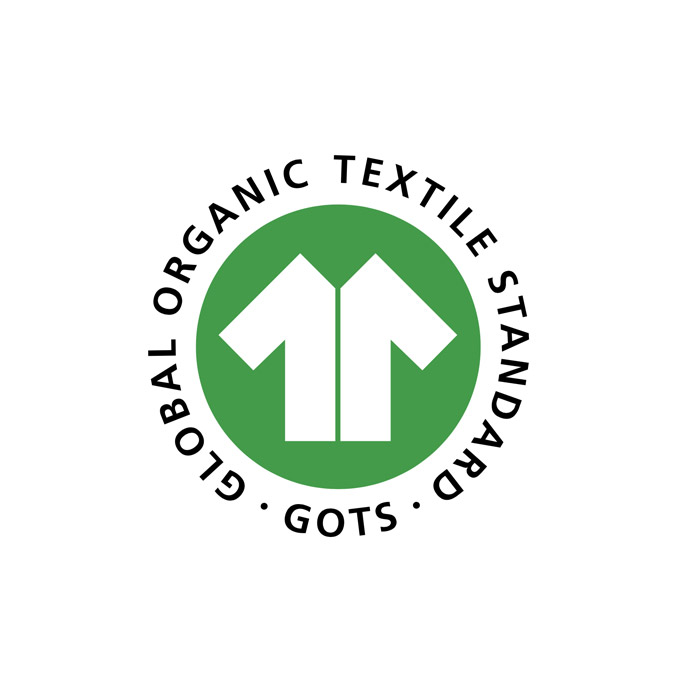
This standard defines requirements to ensure organic status of textiles, from raw materials, through environmentally and socially responsible production till labelling in order to give a guarantee to the end user.
The processing, production, packaging, labelling, trading and distribution steps are evaluated within the scope of this standard.
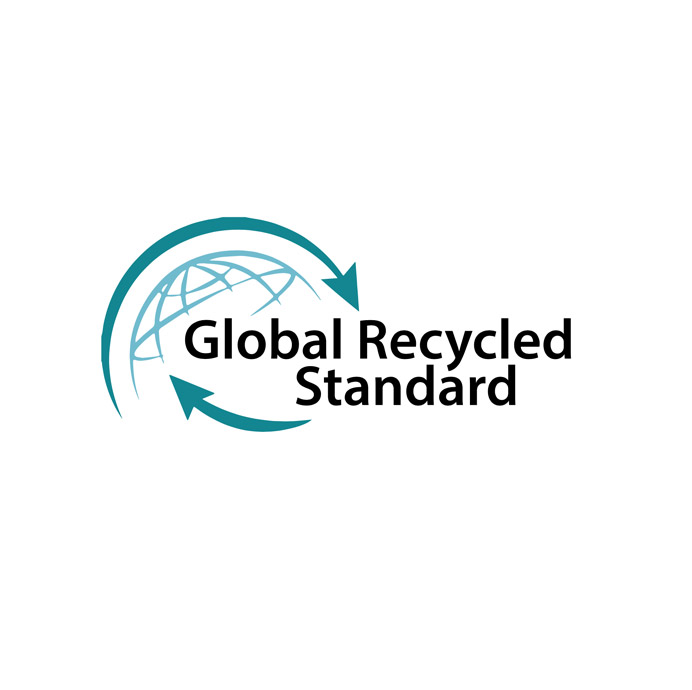
The Global Recycled Standard tracks and confirms the content of recycled materials in a final product whilst assuring manufacturing requirements such as social and environmental practices and chemical restrictions.
Increasing the use of recycled materials in products and decreasing the harm resulted by the manufacturing of it are the main purposes of the GRS.
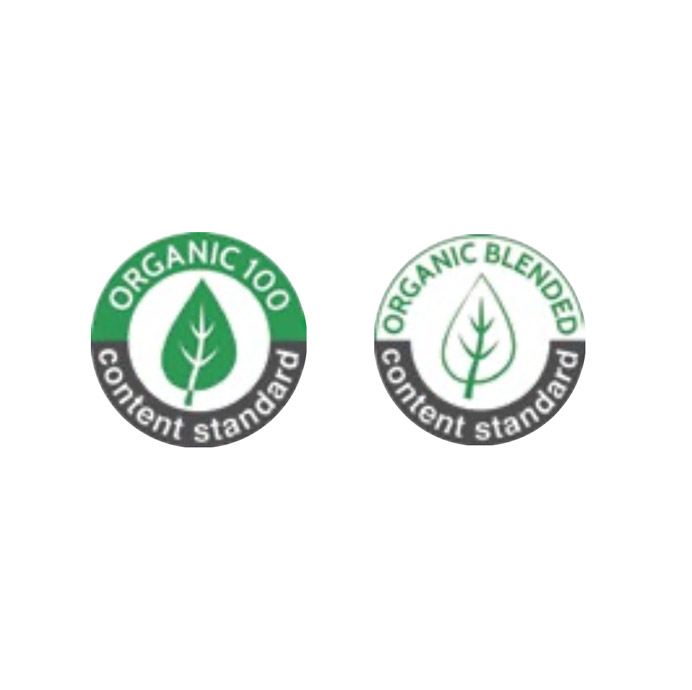
The Organic Content Standard is a global and voluntary standard providing assurance for materials originating on a farm certified to approved national organic standards. It is used to check raw materials that are grown organically from land to end product.
The OCS aims to increase the production of organic farming.
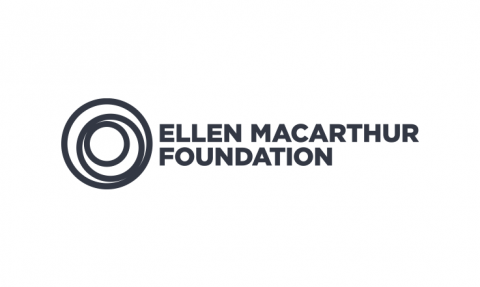
The Ellen Macarthur Foundation works to promote circular economy that is created to prevent waste and pollution, circulate products and materials (at their highest value), and regenerate nature. Thanks to this economic system, better outcomes for people, and the environment occur. Partners of the foundation for this system are business, academia, policymakers, and institutions with the aim of mobilizing systems solutions at scale, globally. Calik Denim is among the members of Ellen Macarthur Foundation.
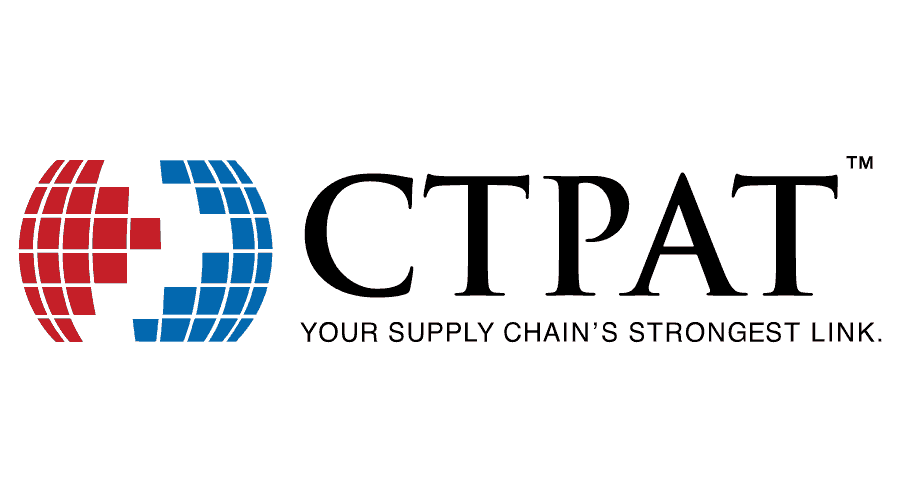
In order to secure and facilitate the movement of legitimate international trade, a U.S. Customs and Border Protection (CBP) voluntary trade partnership program is existing which is named as Customs-Trade Partnership Against Terrorism (C-TPAT). In this program CBP and members of the trade community partner up. Beginning at the origin point (manufacturer, supplier, or vendor included) through a distribution to the destination point, the supply chain is considered to improve security. With the aim of protecting supply chains from terrorist infiltration and other illegal activities that risk the United States’ security, C-TPAT member companies confirm to apply certain security procedures throughout their supply chains.
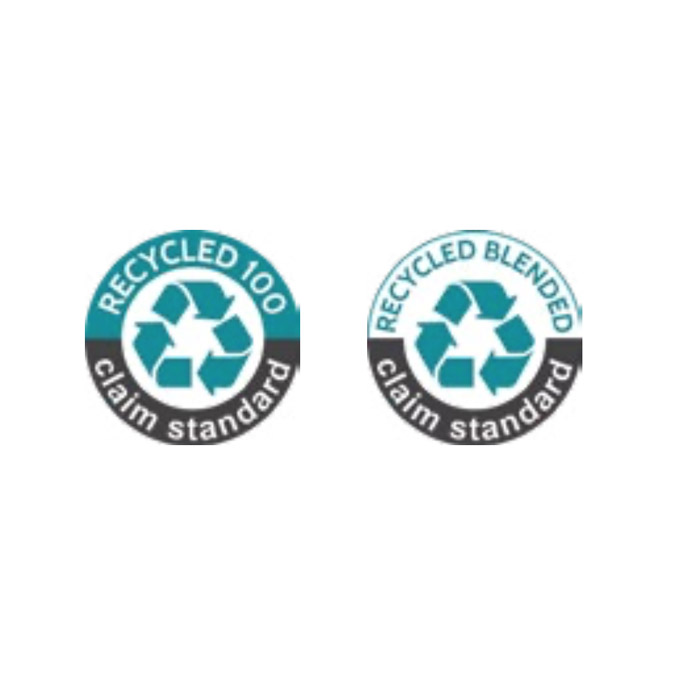
Requirements for third-party certification of recycled input and custody chain are identified by Recycled Claim Standard. The standard carries out
evaluation and verification of the presence and amount of recycled material in an end product. Social or environmental conditions of processing and production, quality or legal compliance are not covered by RCS.
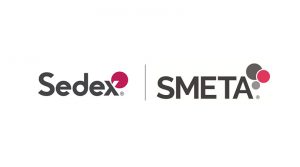
As an ethical trade membership organization, Sedex is working with businesses with the aim of improving working conditions in global supply chains. Social auditing methodology of Sedex, namely SMETA (Sedex Members Ethical Trade Audit) is the most common social audit in the world. It enables businesses to evaluate their sites and suppliers to comprehend working conditions in their supply chain. A site based on its organisation’s standards of labour, health and safety, environment and business ethics is assessed by SMETA. According to Sedex, these are key criterias for evaluating an organisation’s responsible business practices and meeting social compliance.

regenagri®,a regenerative agriculture program targets securing the land’s health and the wealth of those who live on it. The program is open to all farms and agribusinesses internationally. It is developed with specialists in soil, sustainability and agronomy. Soil health and the climate crisis are the focus of the program. Farms and organisations are supported by regenagri to make a transition to regenerative farming methods which increase soil organic matter, promote biodiversity, decrease GHG emissions and sequester CO2. regenagri is designed for ongoing development which makes possible the transition from conventional to regenerative methods to be monitored and refined over time. Routes to additional funds for farms through carbon credit markets and environment related subsidies can also be offered by regenagri. Calik Denim has lastly added regenagri certificate to its certification portfolio.
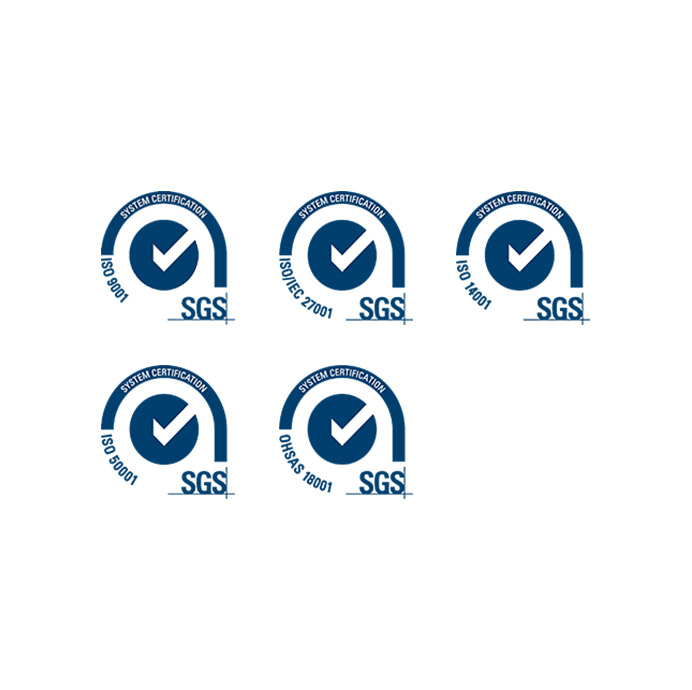
As Calik Denim we prioritize work safety and quality in all of our operations and always aims to provide world-class products and services. The international certificates which we have been entitled to receive indicate our dedication and competence in this field. Here are the system certificates received by Calik Denim:
· ISO 9001
· ISO 14001
· ISO 50001
· ISO 10002
· ISO/IEC 27001
· ISO 46001
· ISO 45001
· ISO 56002

Life Cycle Assessment is an evaluation method which assesses the environmental impacts and resources consumed throughout a product’s/ service’s/process’ life cycle starting from raw material acquisition, via production and usage steps, till waste management according to ISO 14040/44 standards. All attributes or aspects of natural environment, human health and resources are considered by LCA which is a comprehensive evaluation method.
LCA creates many advantages such as;
Calik Denim always ensures the accuracy of related data it shares by getting verification for its Life Cycle Assessment studies from independent verifiers.
These verified outcomes of Life Cycle Assessment studies are published as an Environmental Product Declaration (EPD) through the International EPD® System, recording the environmental effects of the product and making it available to all stakeholders.
The EPD is an independently verified document that provides transparent and comparable communication of
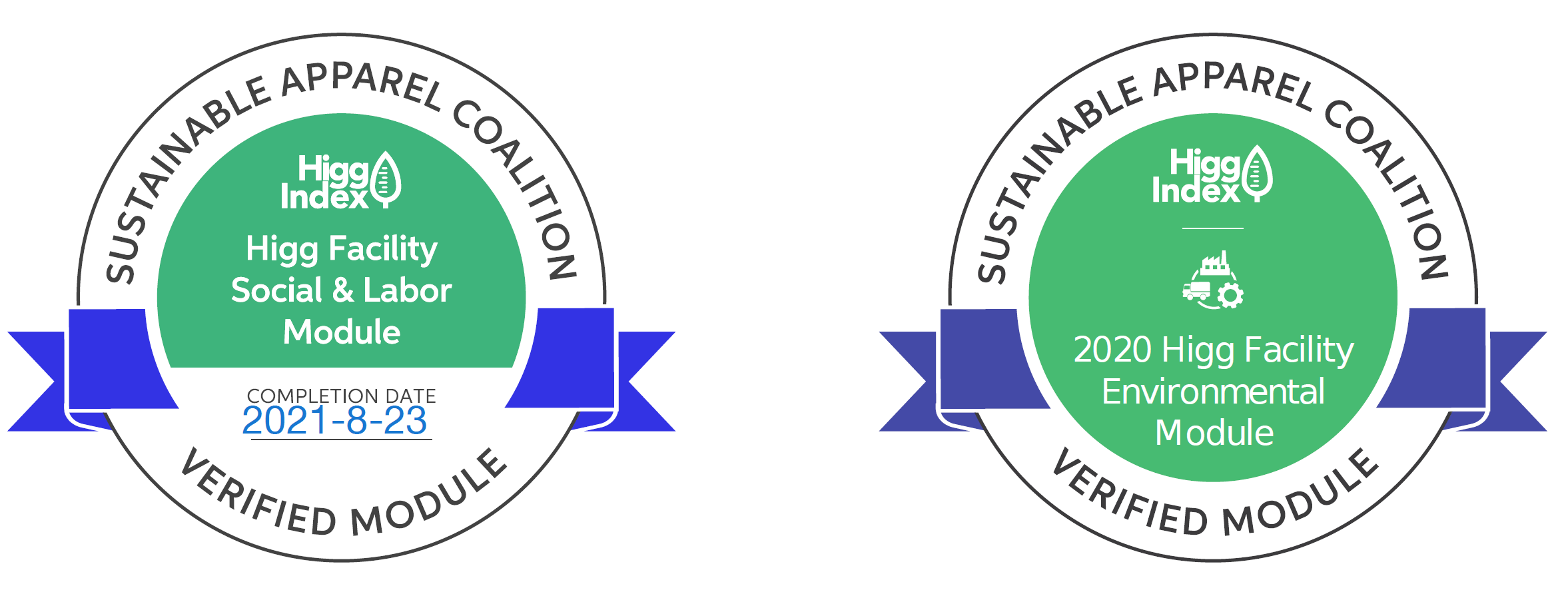
Higg, an integrated software platform, supports for taking responsibility for the one’s entire impact, by considering energy, waste, water and working conditions from raw materials to products, from mills to stores.
The Higg Facility Environmental Module (Higg FEM) gives information about the environmental performance of the individual facilities of manufacturers, brands and retailers. In addition, Higg FEM supports them to make performance improvements in the related area.
The Higg Facility Environmental Module (Higg FEM) evaluates criterias such as water use, waste management, chemical management, energy use and so on.
The Higg Facility Social & Labor Module (Higg FSLM) supports safe and fair social and labor conditions for value chain workers globally. Facilities can use the scored evaluation in order to comprehend hotspots and decrease audit fatigue.
The Higg FSLM evaluates criterias such as recruitment and hiring, working hours, health and safety, management systems and so on.
The tools and system with the aim of measuring working conditions in global supply chains provided by The Social & Labor Convergence Program (SLCP). The initiative involves data sharing and replaces the requirement for repetitive social audits.
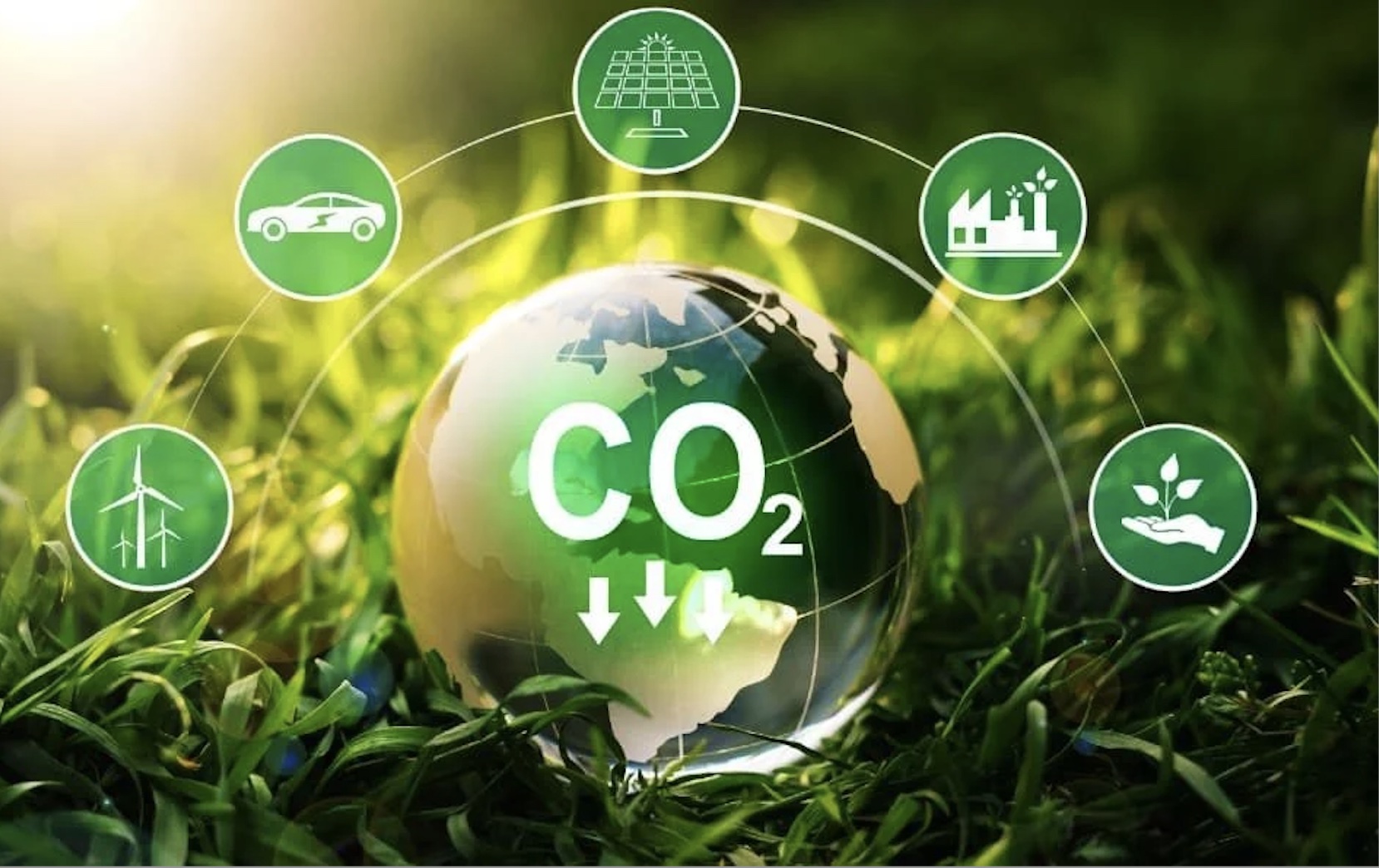
Total amount of greenhouse gases that are generated directly or indirectly by human, establishment, event or production represents “carbon footprint”. BS EN ISO 14064-1:2018 standard is the most common method for reporting carbon foodprint. The standard includes principles and requirements related to reporting and calculation of emission and removal of greenhouse gases for an establishment. In addition, required terms for design of the establishment’s greenhouse gases’ inventory as well as development, management, reporting, verifying of it are also stated in the standard. Calik Denim reports corporate carbon footprint associated with all the stages of all products’ life from cradle to grave, i.e., from raw material extraction through material processing, manufacturing, distribution, use, repair & maintenance, and disposal or recycling, according to the principles of ISO 14064-1:2018 standard.
 TR
TR